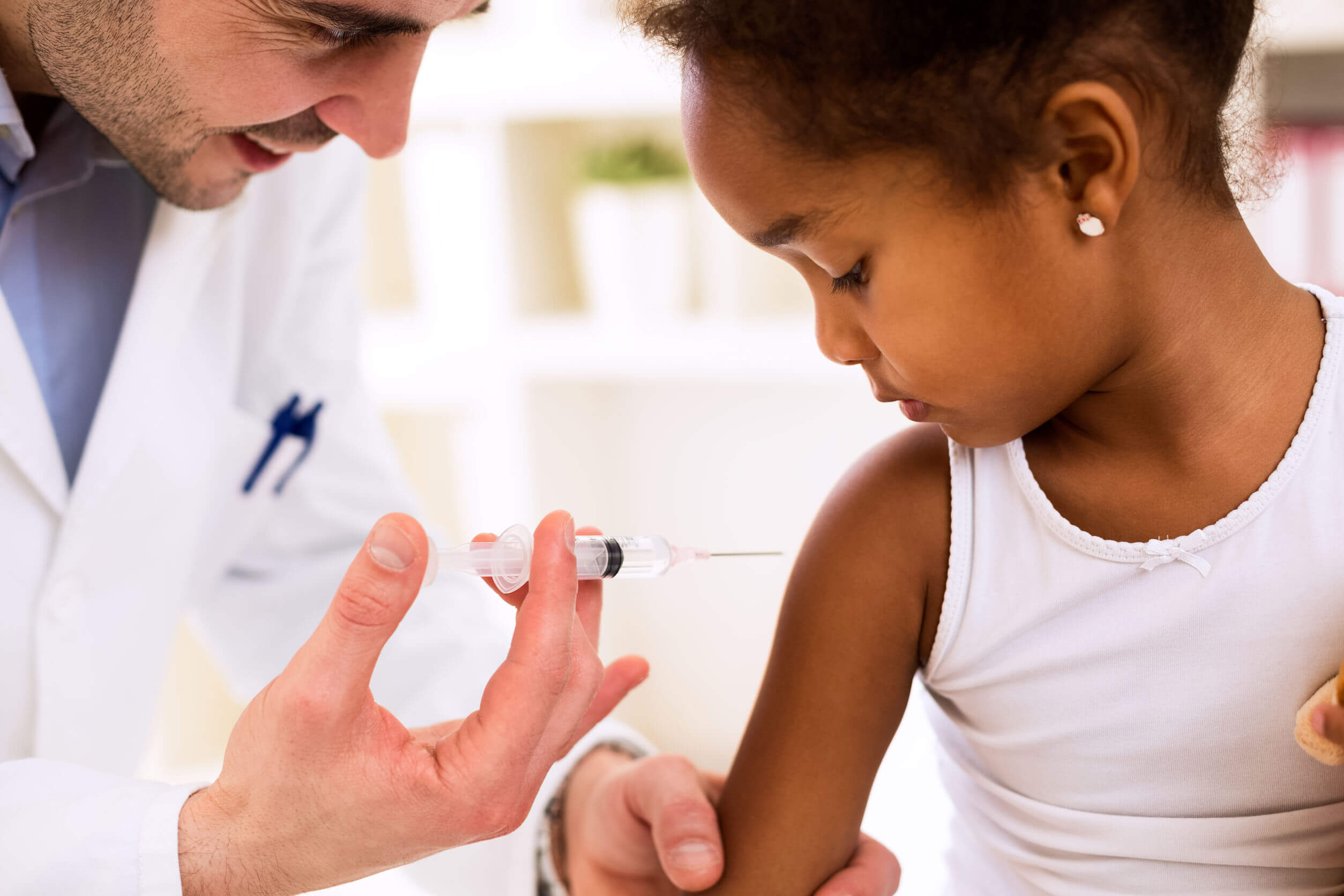Does your child tremble at the thought of getting a shot? Fear of needles is actually one of the most common stressors among children. Vaccines help protect children against various illnesses, but that doesn’t change the fact that they hurt. Here are five tips to help make your next visit to the children’s doctor smoother.
Be Honest
How often have you heard that shots didn’t hurt when you were younger? And, how did that go?
Tell them the truth– it might hurt a bit, but the pain won’t last long. To help bolster their courage, you can hold their hands or let them sit on your lap while they get their shot.
Explain the Importance of Shots
You shouldn’t lie about going to the doctor’s clinic for a shot. If they ask whether or not they’re getting a shot, don’t deny it. Gently explain to them why they need to get vaccinated and how it’s is going help them stay healthy. Of course, you will need to tailor your explanation to your child’s age.
Be Physically and Emotionally Present
Children find comfort in their parents, so it would be best if you let them sit on your lap to help them stay still. For younger children, the best position is to hold them chest-to-chest with you.
Distract them with Fun and Games
Sometimes, the anticipation is scarier than the actual thing. The best thing you can do is to distract them with fun and games. Bring their favorite toy or book with you at the doctor’s clinic. You can also cuddle or try singing softly to them.
Give Appropriate Praise
Giving your kids praise and encouragement throughout the doctor’s visit can help alleviate the stress they may be feeling. Be sure to tell them how proud you are of them for being brave. Let them know that they have accomplished something important.
Parents in Phoenix often worry about how they can get their kid go to the doctor’s clinic for a shot. Vaccinations can be scary and difficult for children. But with the right attitude and action from you, you can help alleviate their fears. Request an appointment at Pediatrix, offering flu shots for children six months and older.





